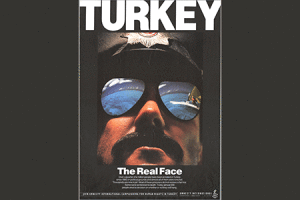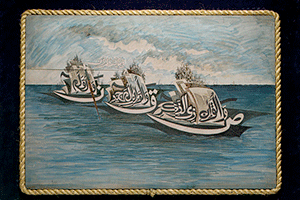
Deputy crown prince Mohammed Bin Salman
Though they are one of the world’s most authoritarian and dangerous regimes, the family that rules the self-titled Kingdom of Saudi Arabia gets a remarkably free pass from the international media. In this close look at the scheming of the kingdom’s deputy crown prince, who is angling to jump the line of succession and succeed his aging father, Al-Akhbar’s Sabah Ayyoub shows how the millions of dollars the kingdom’s rulers spend on American public relations firms every year bend the western press to serve their interests.
Prince Mohammed Bin Salman regularly invites western journalists to visit him in his Riyadh office












































